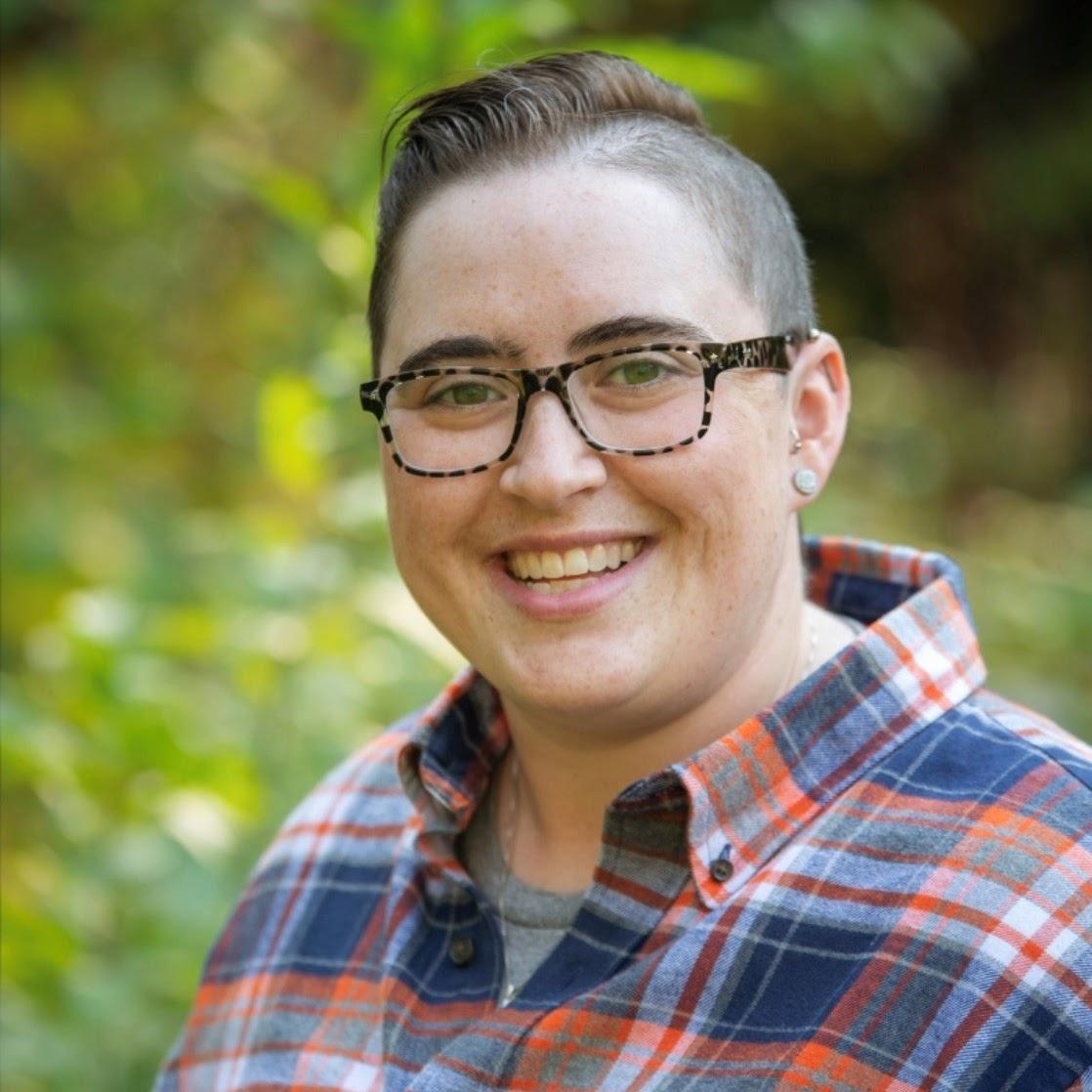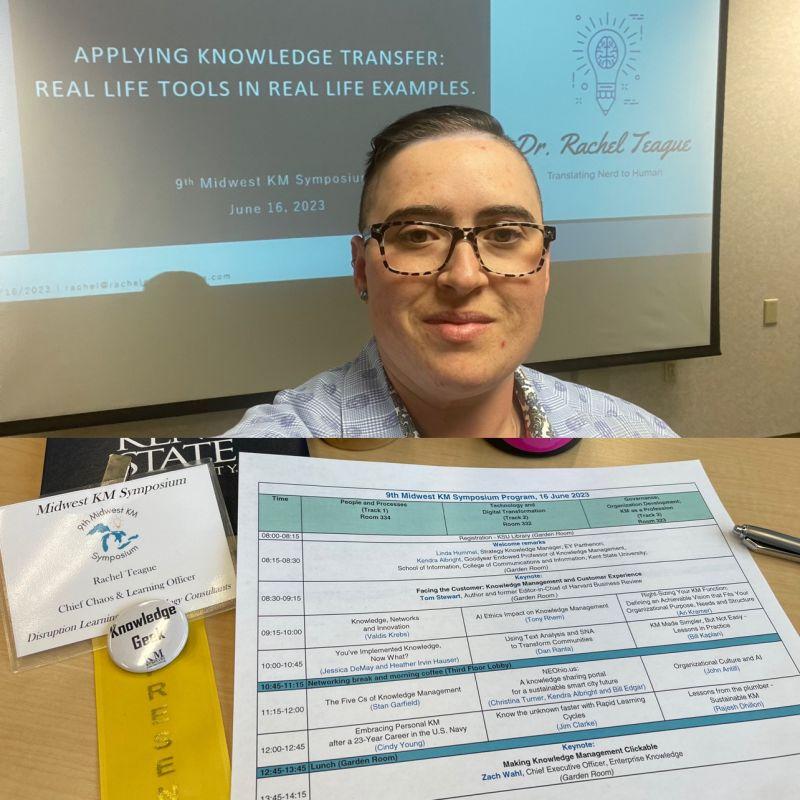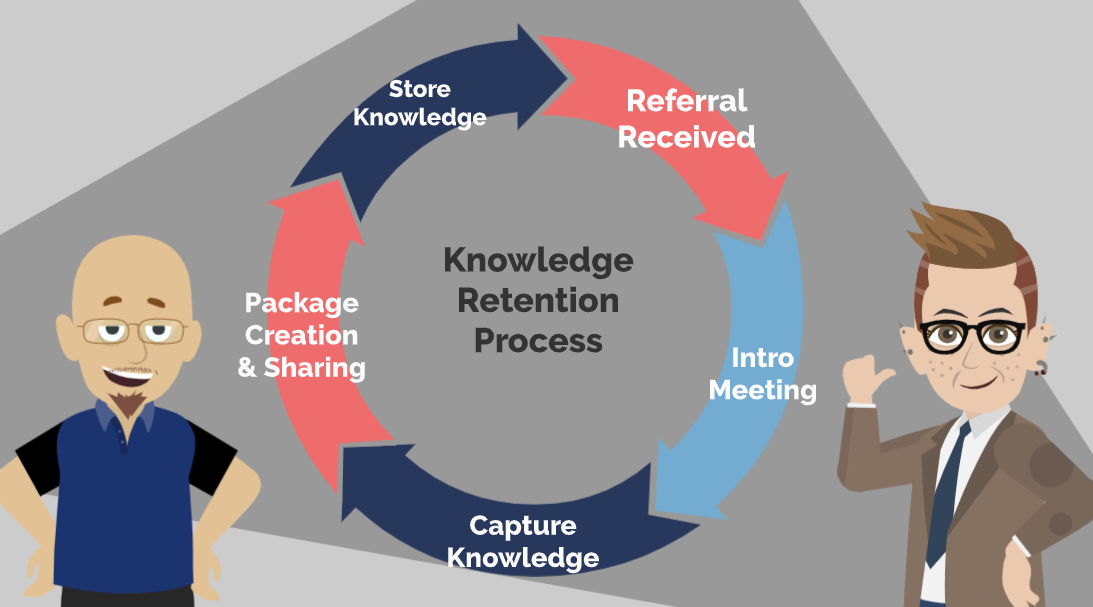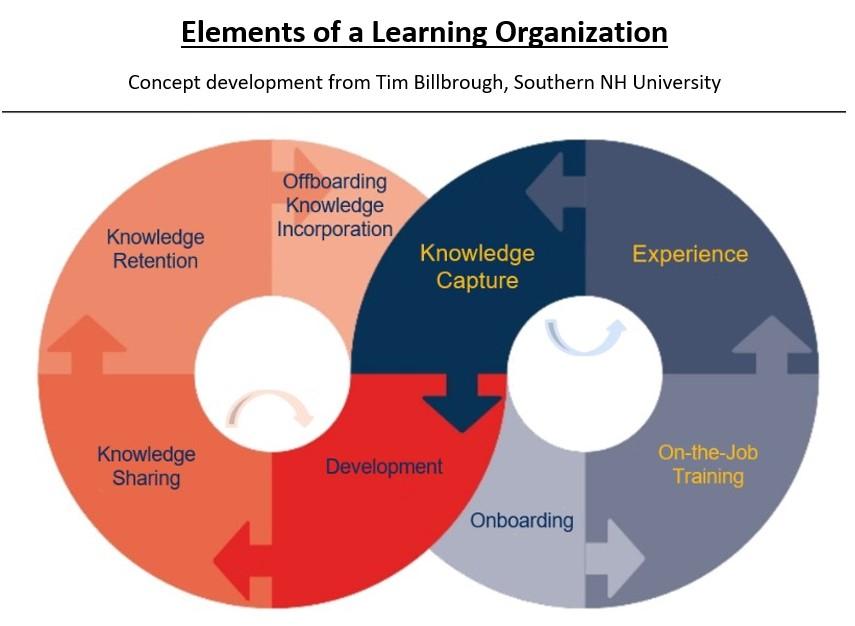9th Annual Midwest KM Symposium: Part 6 – Rachel Teague

Stan Garfield
This is the sixth in a series of posts about the Midwest Knowledge Management Symposium held June 16, 2023 at Kent State University. This post is about the fifth presentation in Track 1 (People and Processes) delivered by Rachel Teague.

Rachel Teague is a rising KM transfer and retention expert, consultant, speaker, writer, master trainer and facilitator, collaborator, and education professional. Throughout her life she has lived through change, growth, transition, and restructure. She has leveraged these experiences, both positive and negative, to inform her outlook and understanding of how organizations work and thrive. This, combined with her education, training, and certifications, gives her a unique worldview and allows her to effectively understand and communicate with people at every level of an organization, and deliver work products that are user-friendly, readily understood, effective, and easily integrated into complex system.
As a result of Rachel’s case study, How an Effective Knowledge Management Program Supports Critical Tacit Knowledge Retention Within a Higher Education Institution: A Qualitative Intrinsic Case Study, she developed tools educators can add to their experiential tool belts as they navigate new challenges facing education, including retirement, staffing changes, and budget cuts. As the world of education evolves, shifting with these changes is necessary to effectively adapt and provide the best opportunities for the learning ecosystem.
Applying Knowledge Transfer: Real Life Tools in Real Life Examples by Rachel Teague

Rachel began by sharing four themes based on her findings from her efforts:
- A strong community and culture can facilitate openness in knowledge sharing.
- Stakeholder buy-in is needed to create a robust learning organization.
- Transparency assists in breaking down silos.
- Training and consulting can help prevent critical knowledge loss.
She provided details on the Knowledge Retention Program pilot:
- Defined a framework to formalize and standardize how to capture this type of knowledge.
- Curated a multimodal toolkit and repository.
- Marketed the Knowledge Retention Program as an enterprise-wide service to effectively capture and share critical knowledge.
Rachel offered this slide showing the high-level process she used:

She provided four proven practices for capturing knowledge:
- Foster a positive rapport.
- Practice active listening and open questioning.
- Take lots of notes.
- If possible, utilize video.
Rachel added that you don’t know what you don’t know, and you might uncover something important in the process.
She concluded her presentation with a depiction of the elements of a learning organization. These make up a sequence of onboarding, on-the job training, experience, knowledge capture, development, knowledge sharing, knowledge retention, and offboarding knowledge incorporation.

Rachel’s presentation was succinct and conveyed useful advice that can be applied by anyone involved with knowledge capture, transfer, and retention.
Part 7 of this series will feature Maggie Starkey. Part 5 featured Rajesh Dhillon.

Stan Garfield
Please enjoy Stan’s blog posts offering advice, analysis, and insights drawn from many years as a KM practitioner. You may want to download a free copy of his book, Lucidea’s Lens: Special Librarians & Information Specialists; The Five Cs of KM from Lucidea Press, and its precursor, Proven Practices for Implementing a Knowledge Management Program. Learn about Lucidea’s Presto, SydneyEnterprise, and GeniePlus software with unrivaled KM capabilities that enable successful knowledge curation and sharing.
Never miss another post. Subscribe today!
Similar Posts
Lucidea’s Lens: Knowledge Management Thought Leaders Part 90 – Patrick Lambe
Patrick Lambe is Owner and Founding Partner of Straits Knowledge. He is a consultant and researcher in knowledge management and e-learning.
Lucidea’s Lens: Knowledge Management Thought Leaders Part 89 – Valdis Krebs
KM leader Valdis Krebs developed a network analysis methodology that maps knowledge exchange and allows managers to see what was once invisible.
36 Examples of How AI Can Support KM Processes
Artificial Intelligence (AI) can augment human knowledge work by automating time-consuming and difficult tasks.
Lucidea’s Lens: Knowledge Management Thought Leaders Part 88 – Gary Klein
Gary Klein is President of ShadowBox LLC. He pioneered the Naturalistic Decision Making (NDM) movement and helped initiate the new discipline of macrocognition.




Leave a Comment
Comments are reviewed and must adhere to our comments policy.
0 Comments